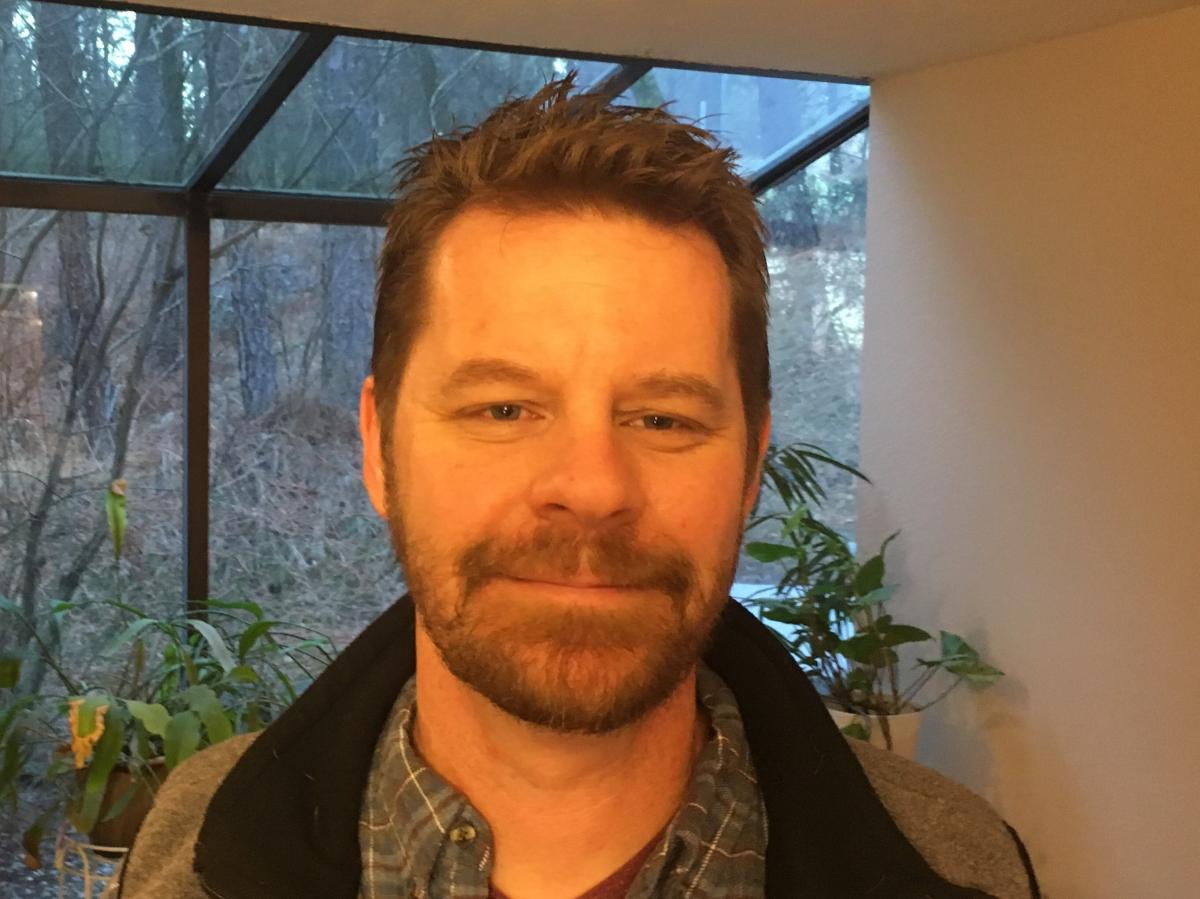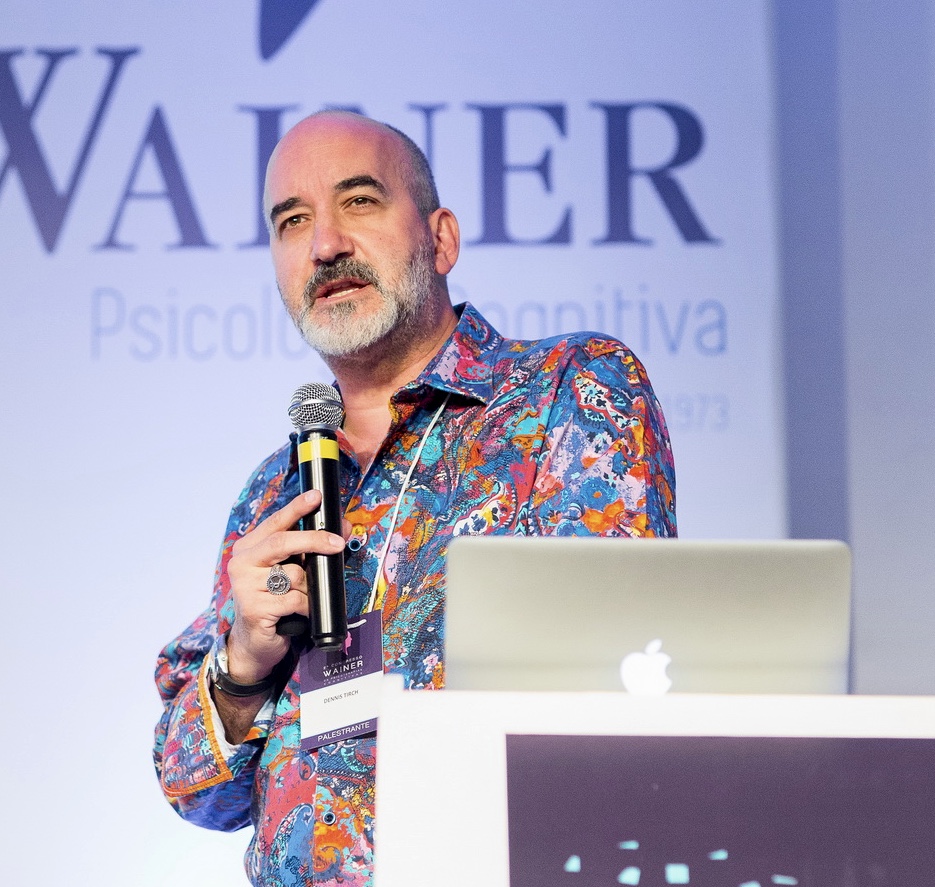Exploring a Process-Focused Approach to Understanding and Practicing Compassion Focused Therapy
Workshop Leaders:


Increasingly, a compelling case is being made that the future of psychotherapy lies not in distinct therapy models, but in interventions that systematically target empirically-based transdiagnostic processes (e.g. Hayes & Hofmann, 2018). This workshop takes a process-focused approach to understanding and practicing compassion-focused therapy (CFT), presenting a conceptualization of CFT as a configuration of interventions aimed at training specific and often interrelated processes that are involved in - and arise from - the experience of compassion.
This workshop will present the working definition of compassion utilized in CFT, and explore how compassion functions as a constellation of processes which facilitate the ability to turn towards painful experiences, work with suffering, and cultivate values-based movement in our clients’ lives (and in our own). We’ll then explore and operationalize compassion via the unpacking of a number of several core, often interrelated processes involved in it, including the facilitation of courage and commitment to confront suffering, the cultivation of functional safeness, and relatedly, a growing ability to experience psychological flexibility.
Drawing upon contextual behavioral science, affective neuroscience, evolution science, and the science of attachment, the workshop will then explore the practice of CFT – both implicit aspects of the therapeutic interaction as well as a number of specific practices – that will allow the clinician to target these processes in psychotherapy. Participants will learn how to use the therapeutic relationship, the facilitation of client realizations via guided discovery, and specific compassion practices to help clients work courageously with life challenges and develop a repertoire of compassionate strengths. Appropriate for newcomers to CFT and veterans alike and led by perhaps the foremost CFT experts to be found in North America, the workshop presents a novel approach to understanding the therapy – aimed at arming participants with a process-focused way of understanding and organizing their work with clients, and a growing repertoire of options for targeting these processes in therapy.
References:
Hayes, S.C., & Hofmann, S.G. (2018). Process-based CBT: The science and core clinical competencies of cognitive behavioral therapy. Oakland, CA: New Harbinger.
About Dennis Tirch, Ph.D.:
Dr. Tirch is the Founder and Director of The Center for Compassion Focused Therapy, and President of The Compassionate Mind Foundation USA. Dr. Tirch is an Associate Clinical Professor at Icahn Medical School at Mt. Sinai, NY. Dr. Tirch is an author of 6 books, and numerous chapters and peer reviewed articles, including The ACT Practitioner’s Guide to The Science of Compassion and Buddhist Psychology and CBT: A Clinician's Guide with Dr. Silberstein and Dr. Kolts. He has also served on the faculty of Cornell Weill Medical College and Albert Einstein Medical School. Dr. Tirch regularly conducts Compassion Focused ACT (CFACT) and CFT trainings, consultation & workshops globally. He is a Fellow of ACBS, Diplomate, Fellow & Certified Consultant & Trainer for The Academy of Cognitive Therapy, Founding Fellow and the Past-President of The NYC-CBT Association, & Founding President Emeritus of The New York City Chapter of ACBS. Dr. Tirch is an Associate Editor of The Journal of Contextual Behavioral Therapy.
About Laura Silberstein, Psy.D.:
Laura Silberstein, Psy.D. is the Associate Director of The Center for Compassion Focused Therapy in New York. Dr. Silberstein also serves as a Adjunct Assistant Professor and Consultant at Albert Einstein Medical College. She is the co-author of 3 books including Buddhist Psychology and Cognitive Behavioral Therapy, A Clinician’s Guide and The ACT Practitioner’s Guide to The Science of Compassion. Dr. Silberstein completed a 2 year externship at the American Institute for Cognitive Therapy, in Manhattan; a pre-doctoral internship at Wyoming State Hospital, and a two year Postdoctoral Fellowship in Cognitive Behavioral Therapy at the Cognitive Behavioral Institute of Albuquerque, New Mexico. Silberstein has advanced experience, and serves as a consultant and trainer in a range of 3rd Generation behavior therapies including CFT, ACT, and DBT.
About Russell Kolts, Ph.D.:
Russell L. Kolts, Ph.D., is a licensed clinical psychologist and a Professor of Psychology at Eastern Washington University, where he has taught for the past nineteen years. He is Founding Director of the Inland Northwest Compassionate Mind Center in Spokane, WA, USA. Dr. Kolts has authored or coauthored a number of books, scholarly articles, and book chapters, including CFT Made Simple, The Compassionate-Mind Guide to Managing Your Anger, Buddhist Psychology and CBT: A Practitioner's Guide (with Dennis Tirch and Laura Silberstein), and the forthcoming Experiencing Compassion Focused Therapy from the Inside Out (with Tobyn Bell, James Bennett-Levy, and Chris Irons, available April 2018). Dr. Kolts regularly conducts international trainings and supervision in CFT and compassion. Dr. Kolts is on the board of the Washington State chapter of ACBS, and has appeared in his own TEDx Talk on CFT and anger, entitled "Anger, Compassion, and What it Means to be Strong," which has been viewed over 100,000 times.
Learning Objectives:
-
Describe a working definition of compassion.
-
List at least three core processes involved in compassion.
-
Describe the three-circles model of emotion in CFT.
-
Describe ways to utilize the therapeutic relationship to create a context of relational safeness in the therapy room.
-
Plan ways to assist clients in cultivating experiences of functional safeness in their lives.
-
Explain the relationship between courage and compassion.
-
Describe methods for assisting clients to develop courage in facing their struggles.
-
Describe the relationship between compassion and psychological flexibility.
-
Utilize the compassionate self practice in helping clients develop compassionate strengths.
-
Describe ways of using Socratic dialogue to facilitate compassionate realizations in the client.
Target Audience: Beginner, Intermediate, Advanced, Clinical
Components: Conceptual analysis, Experiential exercises, Didactic presentation, Case presentation, Role play
Package Includes: A general certificate of attendance, lunch, and twice daily coffee/tea break on site.

